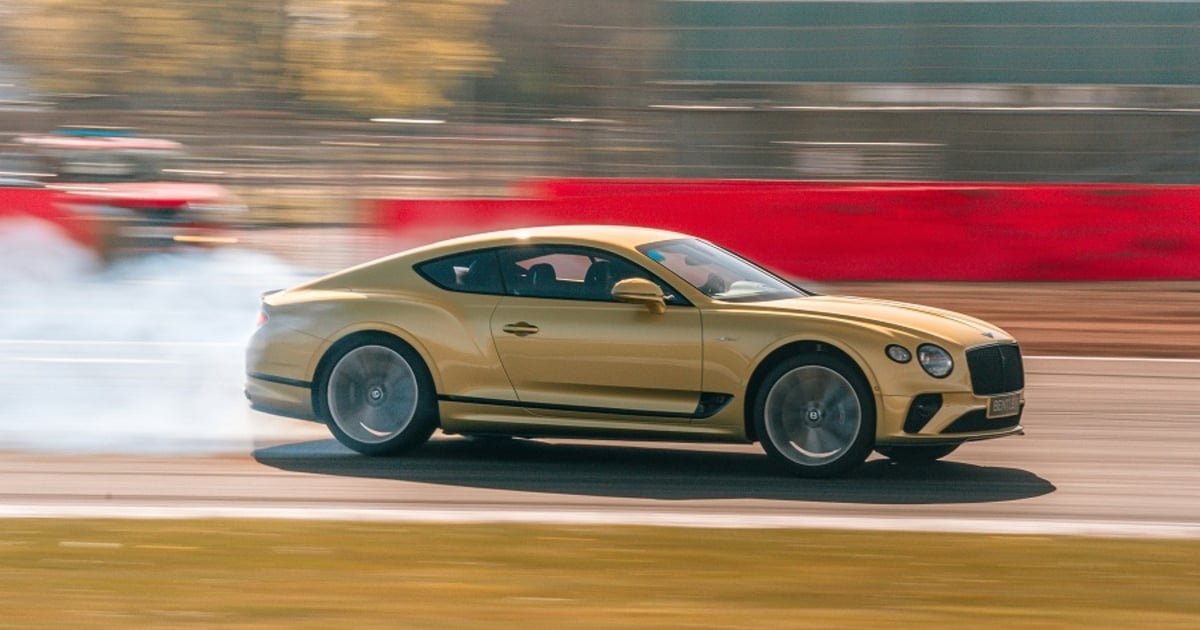
LONDON — Bentley will stop production of its 12-cylinder engine next year as the brand shifts to selling electric cars.
“The time has come to retire this now-iconic powertrain as we take strides towards electrification,” Bentley CEO Adrian Hallmark said in a statement.
The W12 has powered Bentley cars since the ultraluxury brand’s reinvention by owners Volkswagen Group in 2003.
The engine gets its name because it has 12 cylinders arranged in a W formation rather than a V shape.
The first Bentley to use the engine was the 2003 Continental GT coupe and it still powers top-end versions of the GT, the Flying Spur sedan and Bentayga SUV.
The 6.0-liter, twin-turbo powerplant was initially built by VW in Salzgitter, Germany, but it was moved to Bentley’s factory in Crewe, England, in 2014.
Bentley took over the design and development of the engine, initially exporting it back to Germany for use in the VW Phaeton and Audi A8 luxury sedans. Audi has since dropped the W12 from its A8 range, while the Phaeton went out of production. Crewe has built 100,000 units of the engine, Bentley said.
Bentley initially employed 100 people in its Crewe plant to build the engine, but that number has since shrunk to 30. All affected staff will be retrained to work elsewhere in the Crewe facility.
The area used to build the W12 will be used to build V-8 and V-6 hybrid engines. Unlike with the W12, the smaller engines are only given a final preparation in advance of fitting into the cars, rather than being fully assembled on site.
The final version of the W12 engine will also be its most powerful at 739 hp (750 PS).
The unit will be fitted to the upcoming Batur coupe, which has been developed by Bentley’s Mulliner bespoke division and is limited to 18 examples.
The W12 was an expensive unit, costing “around 10 times” that of the average premium car engine, Hallmark told Automotive News Europe in an interview last year. Each engine took around 6.5 hours to build.
The CEO has said the brand’s first EV is now due in 2026.
Hallmark said the brand is looking for “the W12 of batteries” as it develops a model that will be a flagship for the brand and kick off the brand’s EV launch cycle ahead of its plan to switch all its range to full-electric drivetrains by 2030.